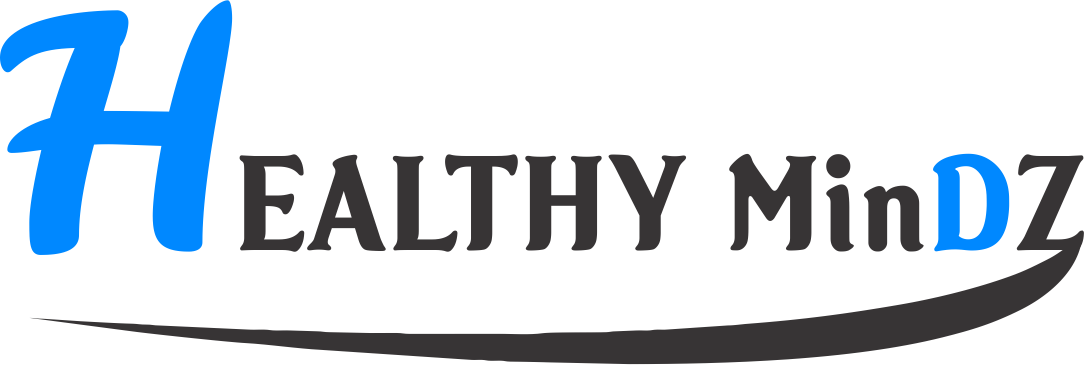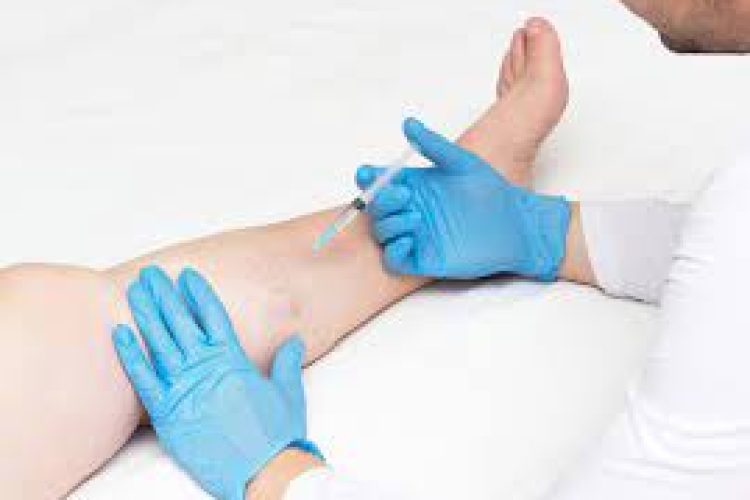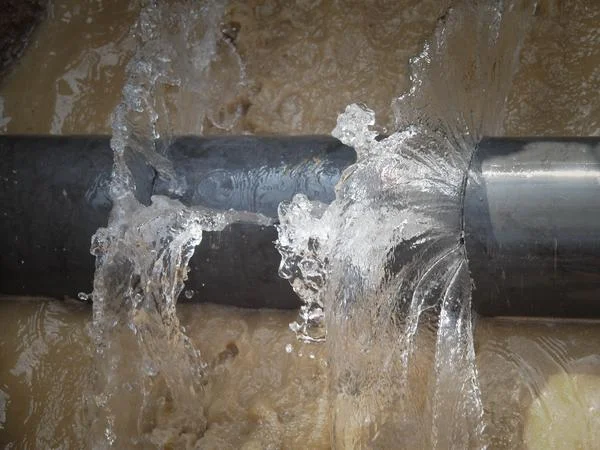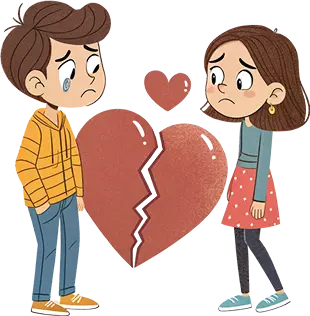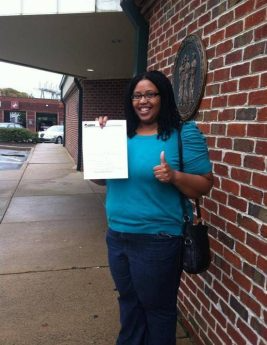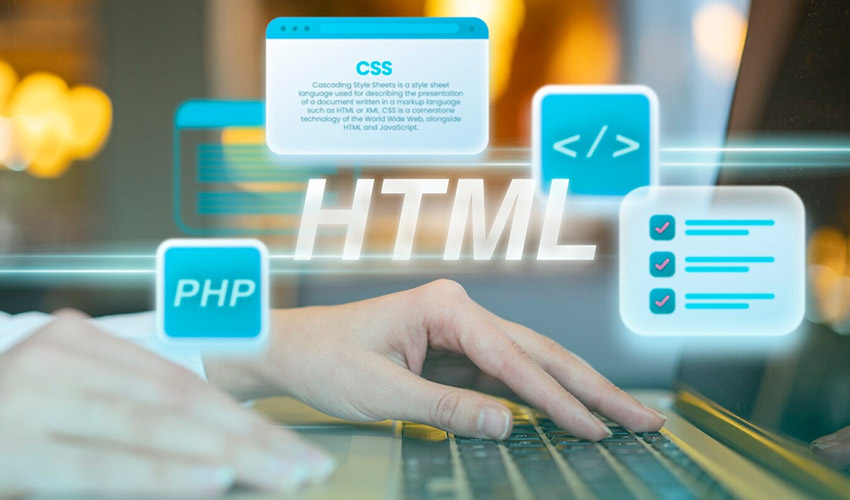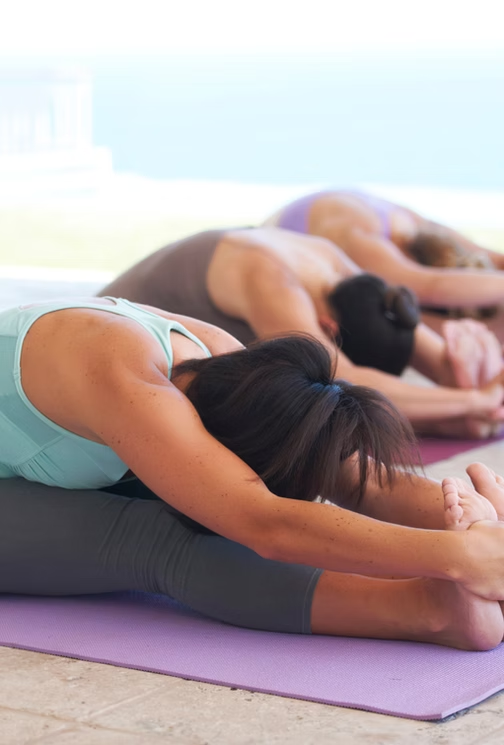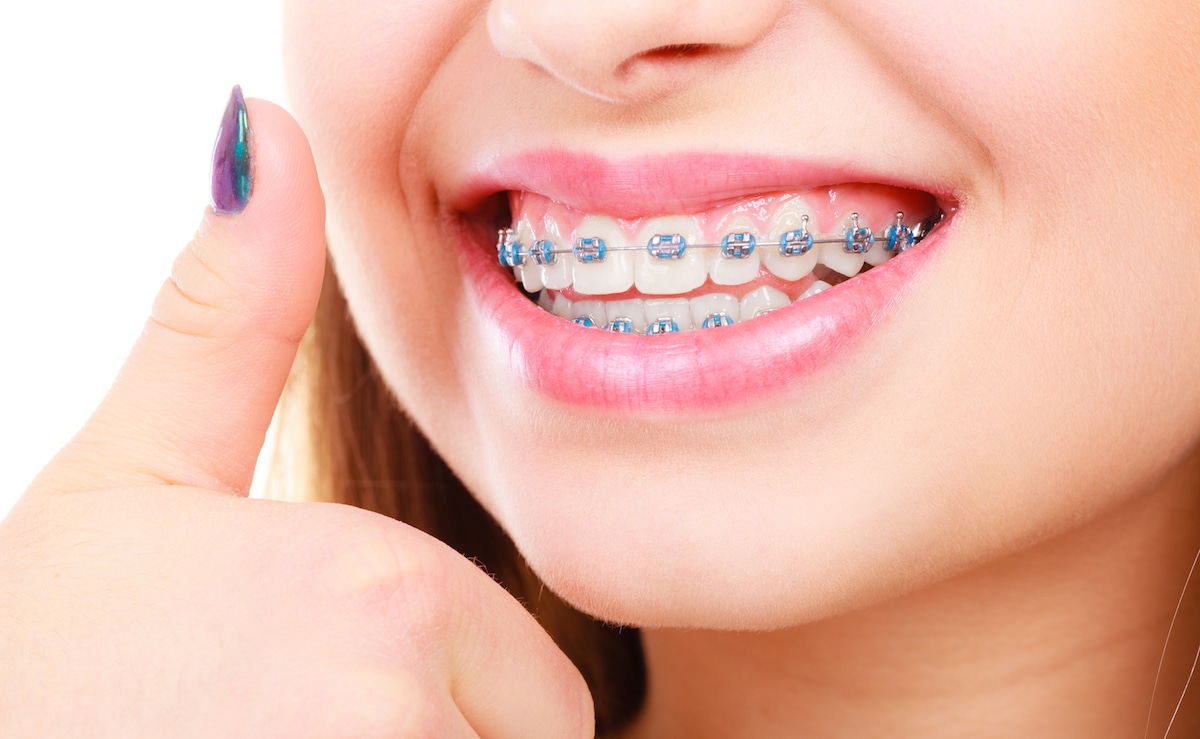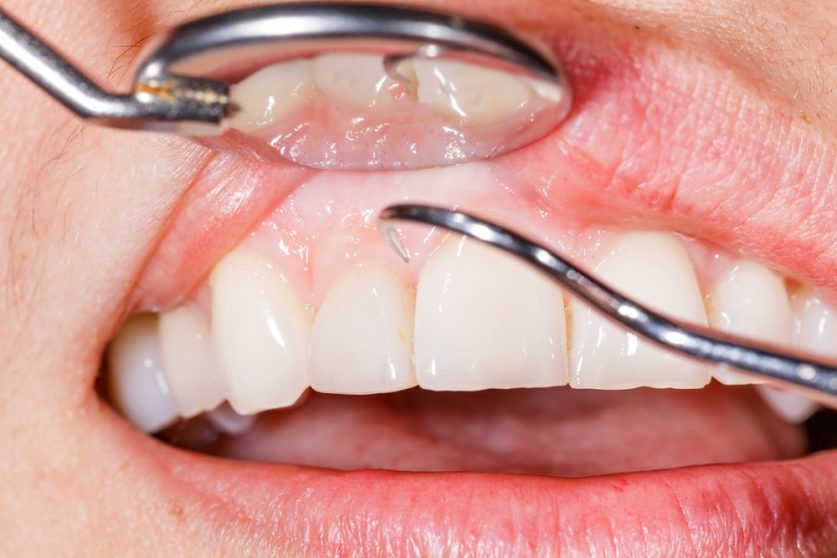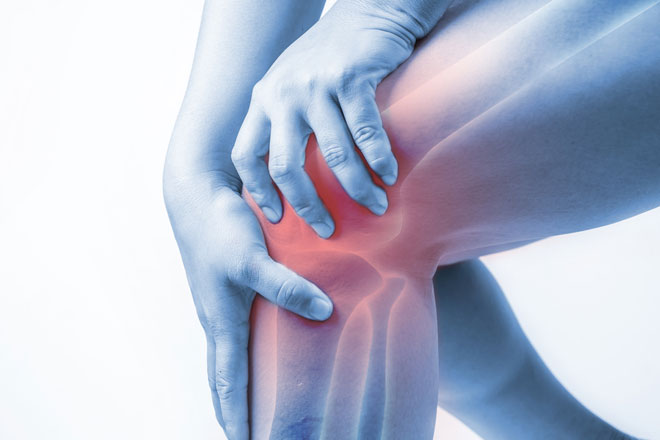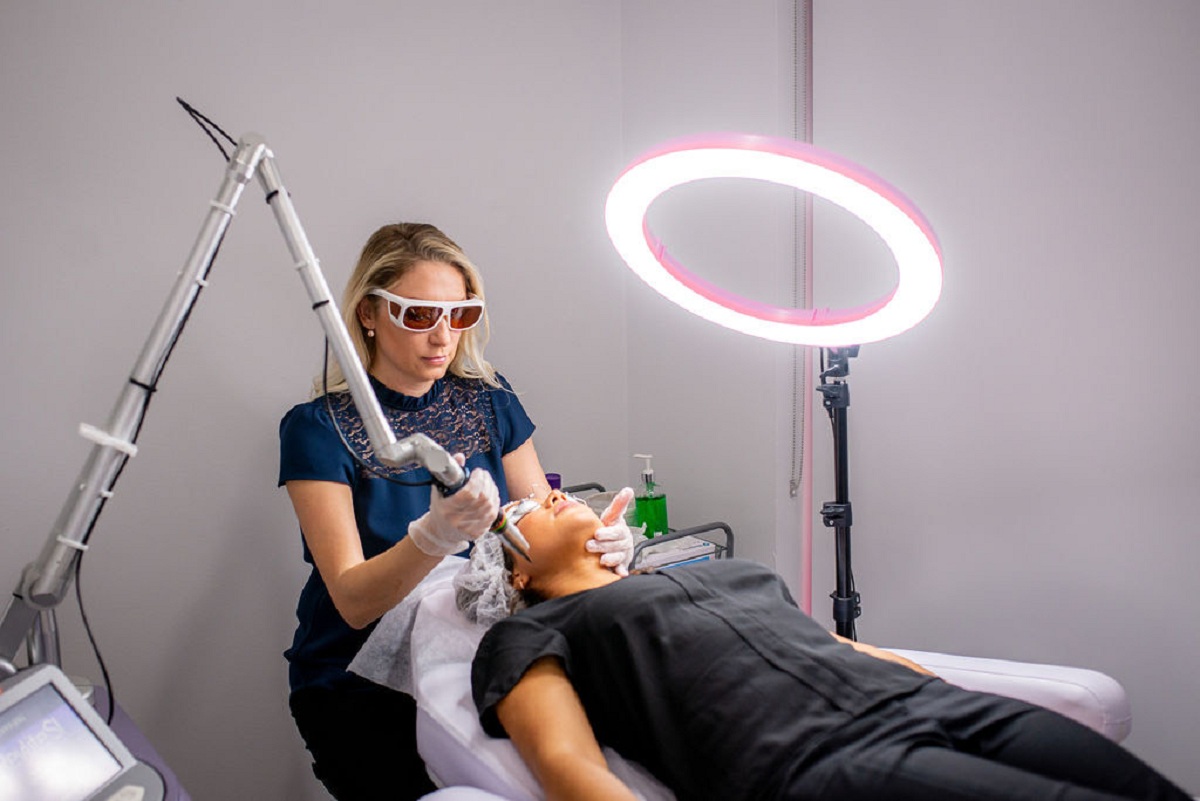When To Visit A Vein Center In New Jersey?
It is essential for every organ of your body to function properly if you want to live a convenient and healthy life, but it is not possible for everyone. There are many people who suffer from various organ impairments, and in some cases, they are not even curable. Among certain body-related issues like varicose veins or spider veins can be cured if identified and treated at the right time. This article will describe what do vein centers do and guide you through the signs and a roadmap that will help you to get the best treatment from the vein center for your vein-related issues.
Listen To Your Legs – Understanding The Signs
- Varicose Veins And Spider Veins
The enlarged, protruding veins that most frequently have a purple or blue appearance are referred to as varicose veins. They have the potential to cause leg discomfort, burden, or painful sensation. The veins that are known as spider veins are tiny, web-like veins that may vary from blue to red or purple in color. Even though these conditions are normally harmless, they could still represent a warning sign of underlying venous problems.
- Leg Discomfort And Fatigue
It’s high time to take notice if you routinely suffer leg discomfort, which might include hurting, tightness in the muscles, or an uneasy feeling. Fatigue and exhausted legs might be warning signs of vein issues that require review.
- Swelling In Your Legs
Have the muscles in your legs started to swell lately, especially after prolonged periods of standing or sitting? If yes, then do know that swollen legs may suggest poor circulation or various vein-related concerns that require more analysis.
- Skin Changes And Ulcers
When you feel the following discomforts, understand that these are some of the major symptoms of vein-related issues, and it is time to consult a vein specialist at the vein center:
- Redness
- Itching
- Dryness
- Open sores
- Ulcers on your legs
The Right Time To Visit A Vein Center
- When Conservative Measures Aren’t Enough
If you’ve repeatedly explored household therapies, from lifting your legs to taking the help of compression socks or modifying your routine, but your vein problems remain, then know that the time has come to see a vein expert.
- If Your Daily Life Is Impacted
Do your vein problems affect your everyday life, livelihoods, or hobbies? If you are having difficulty carrying out your daily activities because of leg soreness, it is essential that you get professional help.
- Family History Of Vein Problems
If it is in your genetics to have vein problems, you are possibly more inclined to have problems as well. Consulting a vein specialist at a vein center may assist you in estimating your vulnerability and putting preventative steps in place.
- During Pregnancy
Varicose veins can develop at the time of pregnancy as a result of fluctuations in hormones and extra strain on the veins. Consultation with a vein expert is advised if you develop vein pain during pregnancy.
Conclusion
There is a major role of your veins in keeping your legs and overall body intact; if anything happens to them, then it can affect the functionality and appearance of the legs. That is why it is essential to visit a vein center to know about the symptoms which can warn you about underlying vein conditions. This article has guided you by telling you the signs of vein-related issues and helped you to know When to see a Vascular Doctor.
